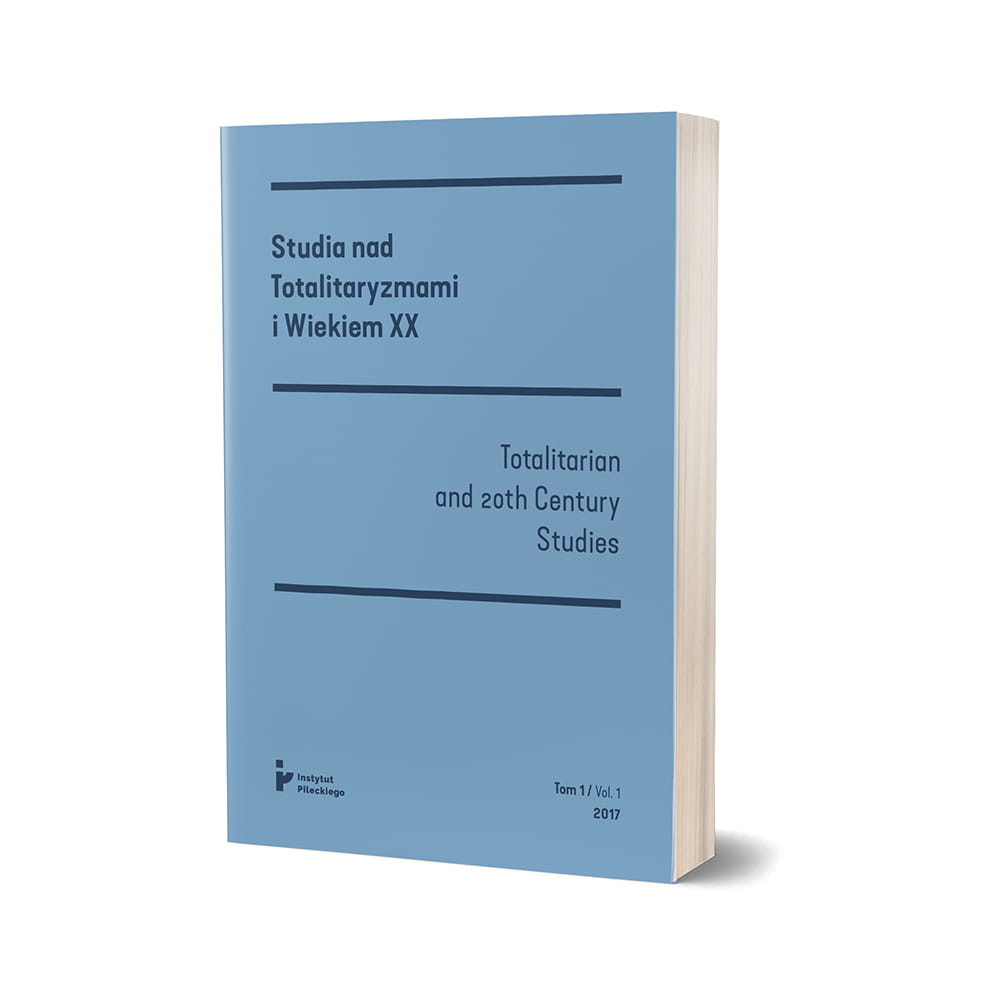The Genocidal Extermination of the Polish Intelligentsia
The Genocidal Extermination of the Polish Intelligentsia
Author(s): Dieter SchenkSubject(s): History, Political history, Social history, WW II and following years (1940 - 1949)
Published by: Instytut Solidarności i Męstwa im. Witolda Pileckiego
Keywords: Genocidal Extermination; Polish Intelligentsia
Summary/Abstract: The paper deals with the question of whether the extermination of the Polish intelligentsia in the years 1939–1945 should be regarded as legally falling into the category of genocide. Although widely researched by historians, the genocide of the Poles in the period 1939–1945, and especially of the Polish intelligentsia, has received little attention from both Polish and German legal scholars. The occupiers appropriated Polish territory of which they had seized control in violation of international law, using brutal violence, considering themselves members of the “master race” and bringing the Polish population down to the level of “nationally alien elements”. The author argues that the Poles as a national group were granted legal protection under international law. Polish elites, in turn, formed a special subgroup within the nation and as such were singled out by the Nazis as the first to be eliminated. There is also a number of other criteria specified in international law and the relevant case law that justify considering the crimes against these elites to bear the hallmarks of genocide. The paper discusses also self-identification of the Polish intelligentsia and its identification by the occupier, as well as documents German policy against the Polish intellectuals. The author concludes that under the German Code of Crimes against International Criminal Law, the extermination of the Polish intelligentsia must be regarded as having the characteristics of genocide.
Journal: Studia nad Totalitaryzmami i Wiekiem XX
- Issue Year: 2017
- Issue No: 1
- Page Range: 240-253
- Page Count: 14
- Language: English

